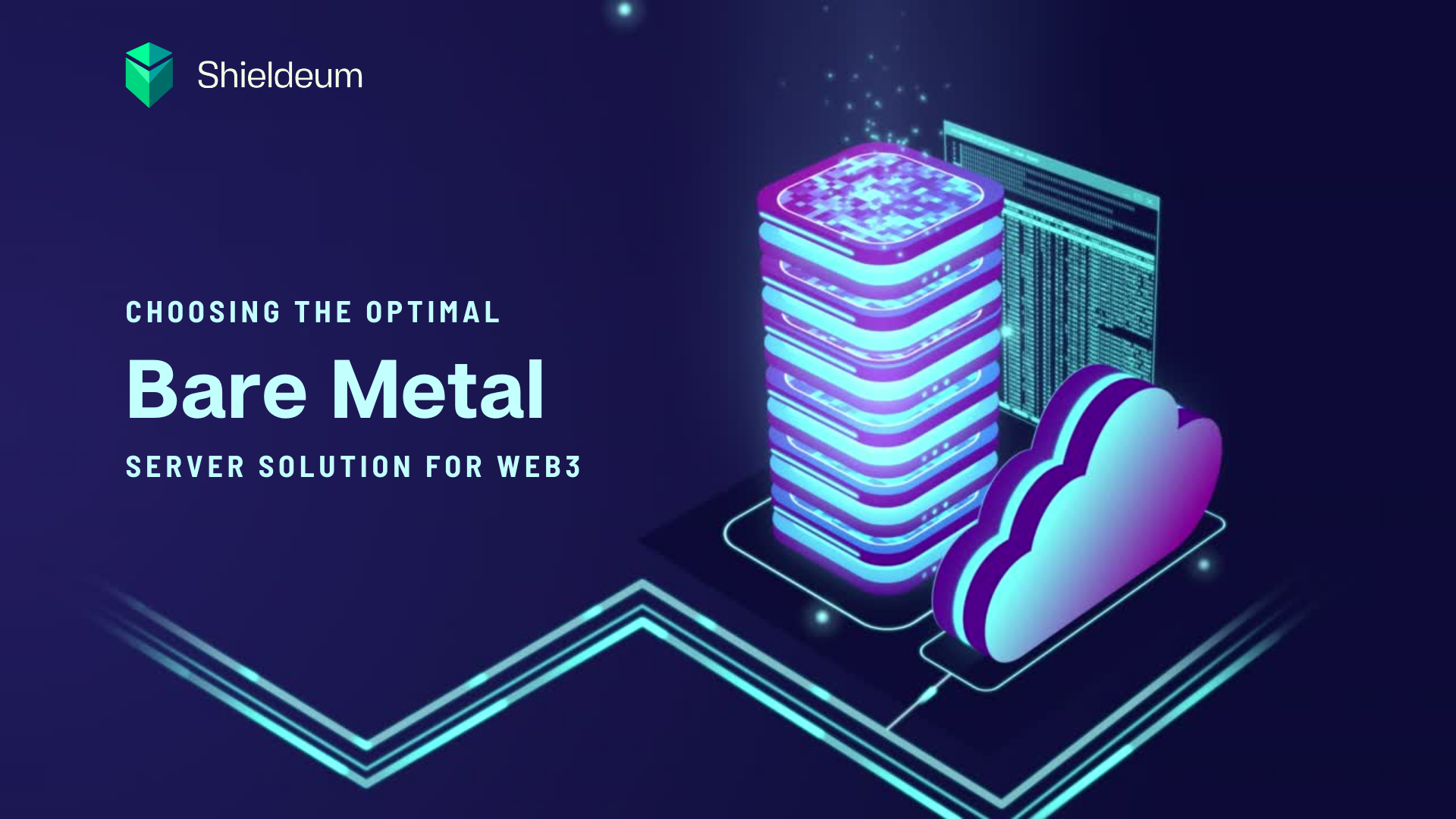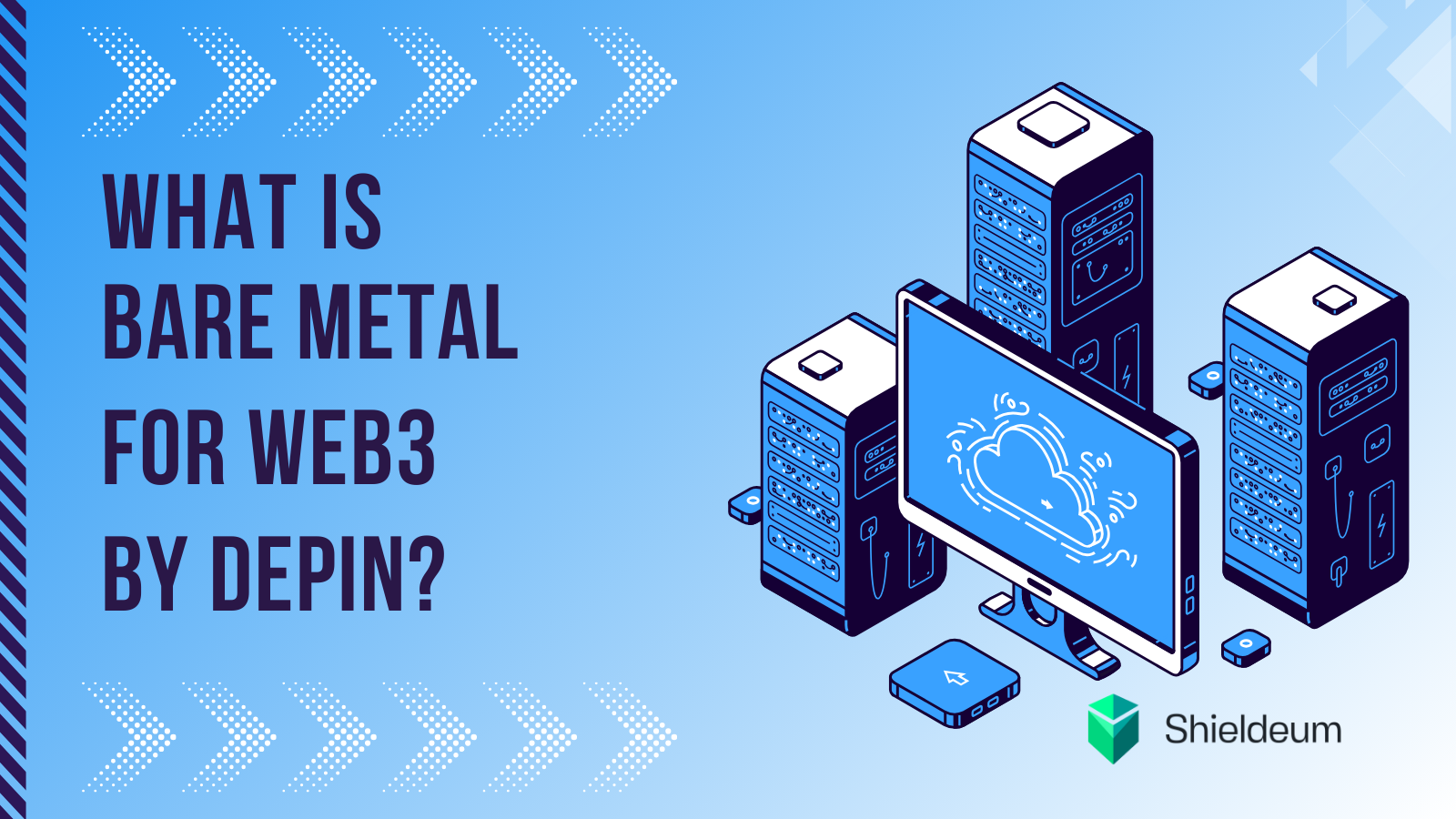Bare Metal Servers: Empowering Web3 and Crypto Companies
As the landscape of Web3 and cryptocurrency evolves, the demand for robust and high-performance infrastructure has never been greater. Bare metal servers, which provide dedicated physical hardware for users, have emerged as a crucial asset for companies operating in this space. Unlike virtualized environments, bare metal servers offer unparalleled control, security, and performance, making them ideal for the unique needs of Web3 and crypto businesses. Here are the top five use cases where bare metal servers are most beneficial for these companies.
1. Blockchain Node Hosting
One of the fundamental aspects of Web3 and crypto companies is the hosting of blockchain nodes. Nodes are essential for the validation and verification of transactions on a blockchain network. For public blockchains, these nodes need to handle high volumes of transactions efficiently.
Why Bare Metal?
- Performance: Bare metal servers offer the raw processing power needed to handle the intensive computational requirements of running a full node.
- Reliability: With dedicated hardware, companies can ensure maximum uptime and stability, which is critical for maintaining network integrity and trust.
- Scalability: As transaction volumes grow, bare metal servers can be scaled to add more nodes without the overhead of virtualization.
2. Cryptographic Operations
Cryptographic operations, such as hashing, encryption, and digital signatures, are at the heart of blockchain technology. These operations are computationally intensive and require significant processing power.
Why Bare Metal?
- Security: Physical isolation of servers enhances security, reducing the risk of vulnerabilities that can arise in shared environments.
- Speed: Direct access to hardware accelerates cryptographic processes, ensuring faster transaction times and improved user experiences.
- Customization: Companies can tailor their hardware configurations to optimize for specific cryptographic algorithms and operations.
3. Decentralized Finance (DeFi) Applications
DeFi platforms facilitate complex financial transactions, such as lending, borrowing, and trading of assets on the blockchain. These applications demand high throughput and low latency to provide seamless user experiences.
Why Bare Metal?
- Throughput: Bare metal servers can handle a higher volume of transactions per second, which is crucial for DeFi platforms that experience high user traffic.
- Latency: Direct hardware access minimizes latency, ensuring that transactions are processed quickly and efficiently.
- Compliance: Dedicated servers help in meeting regulatory requirements by providing clear audit trails and enhanced data integrity.
4. Non-Fungible Token (NFT) Marketplaces
NFT marketplaces require robust infrastructure to manage the creation, sale, and transfer of digital assets. This includes handling metadata, media files, and smart contract interactions.
Why Bare Metal?
- Storage: Bare metal servers offer significant storage capacity and the ability to manage large datasets, essential for hosting NFT metadata and media.
- Processing Power: The creation and transfer of NFTs involve complex smart contract interactions that benefit from the processing power of dedicated hardware.
- Scalability: As the popularity of NFTs grows, bare metal servers provide the scalability needed to handle increased user activity and data loads.
5. Data Analytics and Monitoring
Web3 and crypto companies rely heavily on data analytics for decision-making, fraud detection, and performance monitoring. Real-time analytics require powerful computing resources.
Why Bare Metal?
- Processing Capacity: Bare metal servers can perform complex data analyses in real time, offering insights that are critical for business operations.
- Custom Solutions: Companies can deploy customized analytics tools and frameworks directly on the hardware, optimizing for their specific needs.
- Security: Sensitive data can be analyzed in a secure, isolated environment, reducing the risk of data breaches and ensuring compliance with privacy regulations.
Conclusion
Bare metal servers provide the performance, security, and control necessary for Web3 and crypto companies to thrive. From blockchain node hosting and cryptographic operations to DeFi applications, NFT marketplaces, and data analytics, the use cases are diverse and critical to the success of businesses in this rapidly evolving industry. By leveraging the power of bare metal servers, Web3 and crypto companies can achieve the scalability, reliability, and efficiency required to stay ahead in a competitive market.


